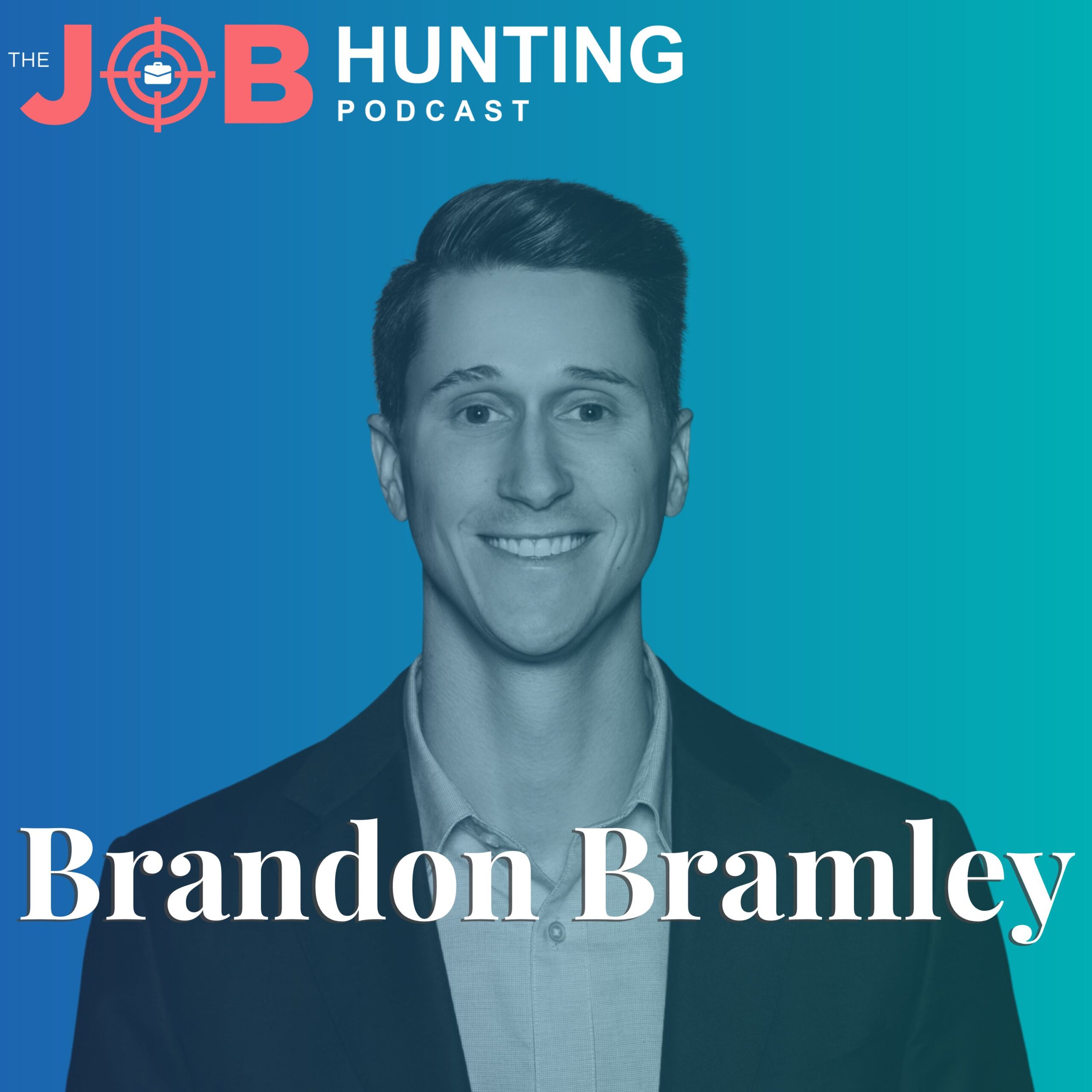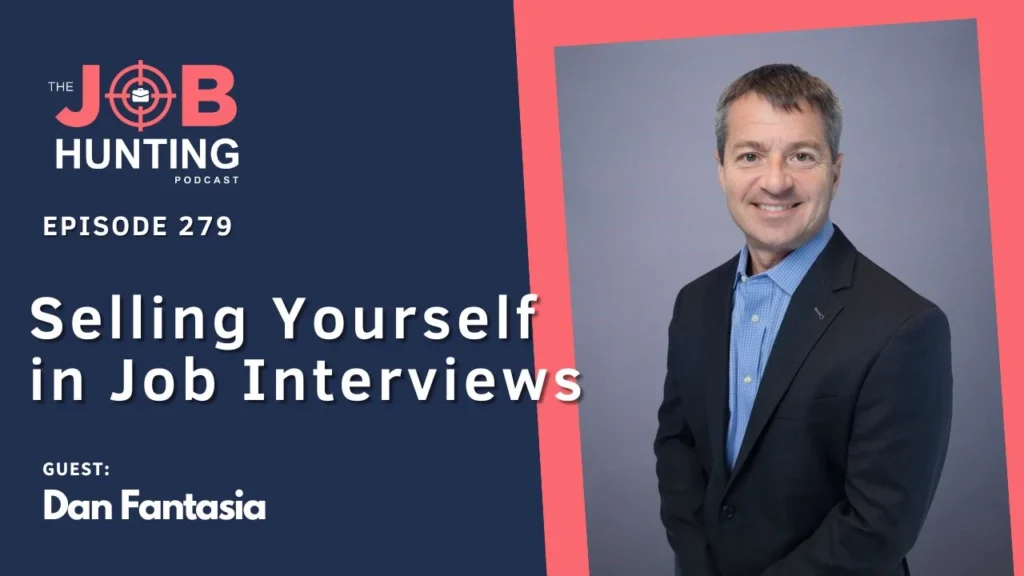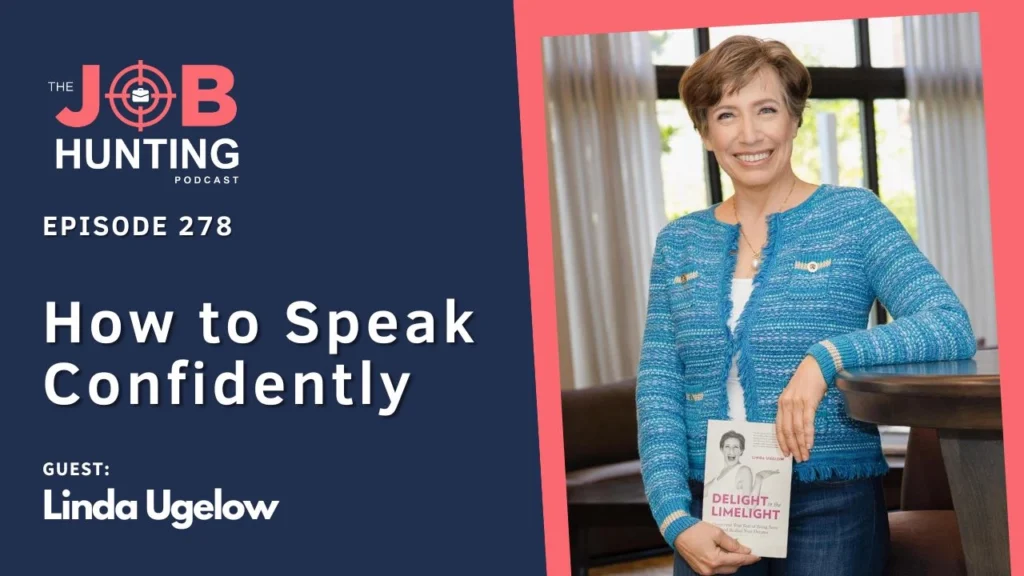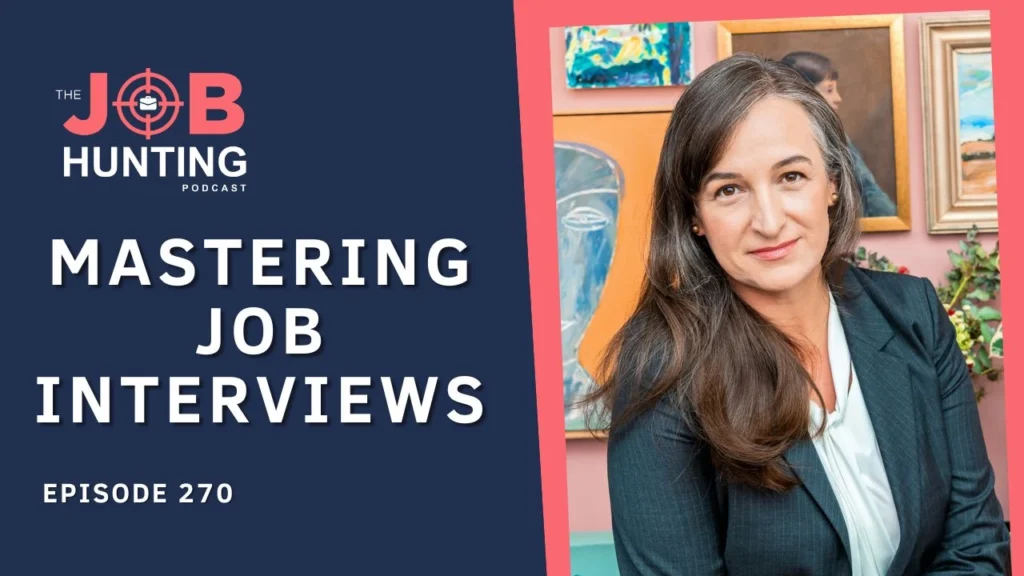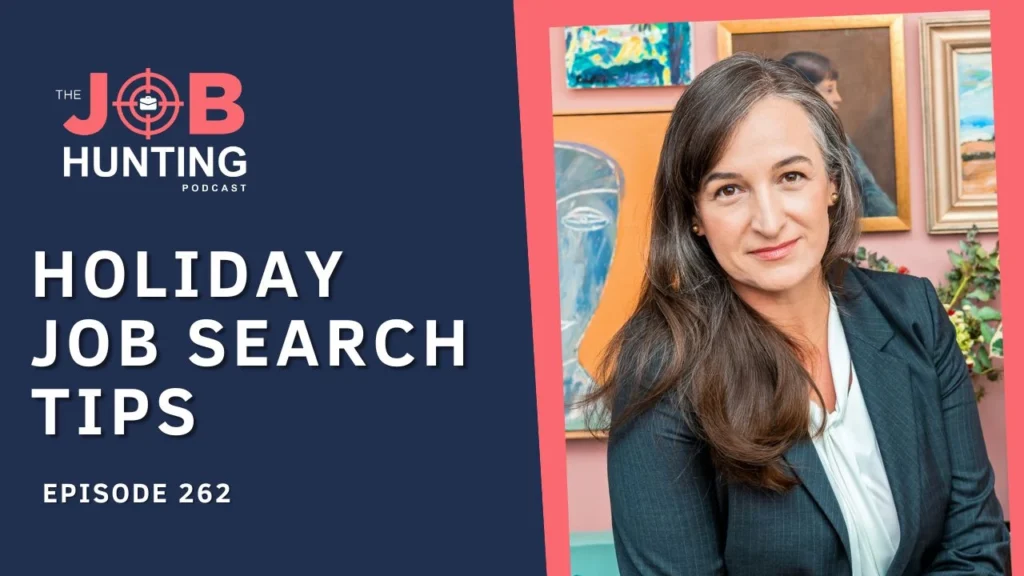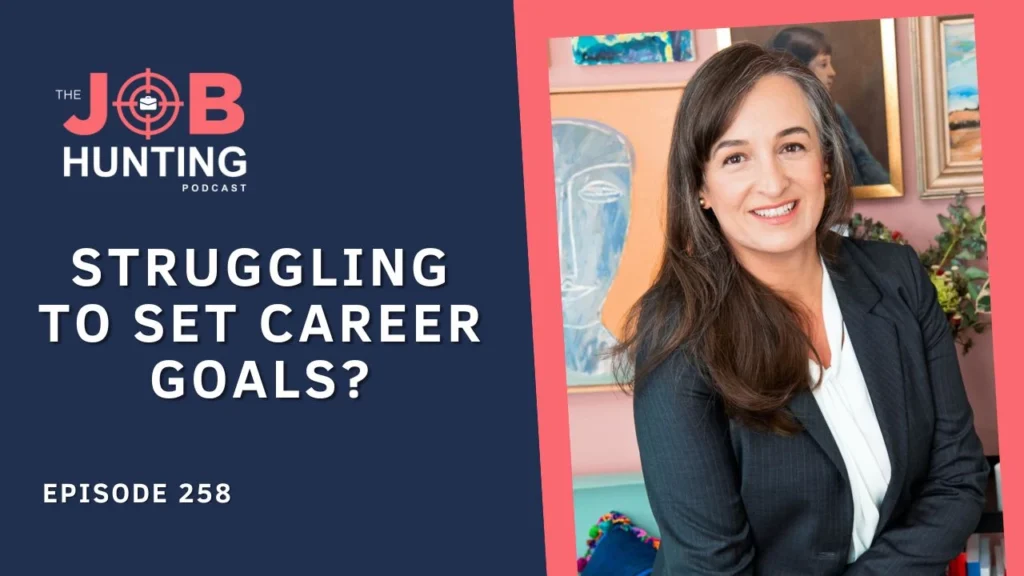Renata Bernarde:
When did salary negotiation become a thing for you?
Brandon Bramley:
Yeah, very interesting question because it actually became a thing for me about 12 years ago, right out of undergrad at a university. I was going into a negotiations role for American Airlines where my core role was to negotiate. I was actually in a negotiations class, my final one in college, and we talked about negotiations. I thought, I’m going to try negotiating this job offer I just got. Probably won’t work, I have no leverage, but I’ll do it. If it does work, I’ll turn it in as my final project. I ended up going through the negotiation and had no idea what I was doing. It ended up being successful, where I got a sign-on bonus, a base salary increase, and even like 60,000 airline miles. So that was successful, and actually, my teacher put me in touch with someone else who had gotten a job with American Airlines. So I helped him negotiate. Then when we started, I noticed no one else negotiated their offers.
Renata Bernarde:
Mm-hmm.
Brandon Bramley:
So over the course of like five or six years, people kept coming to me to help them negotiate. In 2018, I finally said, hey, too many people are asking, I’m going to spin up the business. And now since 2018, I’ve been doing it for everyone outside of just friends and colleagues.
Renata Bernarde:
It’s a very interesting part of the recruitment and selection process because as a job candidate, you’re so eager to just get in and sign on the dotted line. You kind of forget that there is that opportunity. Or even if you remember, you might be too scared to do it.
Brandon Bramley:
Yeah, exactly. I mean, that’s the biggest thing I see, right? It happens all the time as people just, they don’t want to do anything to jeopardize the relationship or the opportunity. They’ve probably been in a long interview process, so they just want to sign and get it done and they don’t think it’s worth it. But in all reality, it’s really an extra step to the interview process. If you do it, it usually takes on average maybe three to five days, but then you see usually a drastic increase in your compensation going forward.
Renata Bernarde:
Yeah, yeah. A lot of people take that negotiation course that you had at uni and did not utilize it to the extent that you have. What do you think has made you a natural at this? Can you see some traits in you or some qualities that make you more attuned to negotiating?
Brandon Bramley:
I’d say yeah, no, actually. Because at the end of the day, I think anyone can negotiate. But what I’ve noticed is even when it comes to me, it’s harder to negotiate things for yourself, right? My background is in business-to-business negotiations. So when I’m negotiating on behalf of a company, it’s a lot easier because it’s a task, it’s a job, it’s something I need to do compared to when it comes to my own personal finances. That’s where I guess there’s more kind of fear on the line. And you get a little nervous, might feel you don’t have as much leverage.
But some traits that have kind of helped me do that and get better at it is making sure I’m prepared beforehand rather than just going into it willy-nilly and then actually going through it. The worst case, as long as you approach it in a professional manner, instead of aggressive as a lot of people think negotiations are, the worst case is you typically get a no. But if you don’t ask, it’s a guaranteed no. So I’ve usually taken that mentality to kind of make me better at approaching and having those conversations rather than walking away from them.
Renata Bernarde:
Do you think that it’s harder for us to do personal negotiations because it’s more emotional? And then if you have somebody else, they take the emotion out of it? Or is it because we can feel the risk more than the opportunity? We just have that feeling inside and that negative wiring where we tend to be more negative than positive about things like this.
Brandon Bramley:
I think it’s the latter. When I talk to clients as a salary negotiation coach, I hear a lot of fear, worry, and all that, because it all goes back to what state of mind you’re in. Throughout the interview process, you’re focused on doing everything you can to get the job, get the role. Maybe it’s your dream company, or maybe you don’t have any other opportunities. So to actually shift that script to have to then ask for more, instead of just advocating for the job and why you’re the best one, seems pretty uncomfortable. People think you might come off as ungracious. So it’s very similar to when you talk about money and you’re asking for more, you get the fear, at least in my mind, and what I hear a lot from clients is that you’re asking for too much, you’re coming off as greedy. And I think that’s what ends up going on in everyone’s mind, which is why they avoid this or why they have that myth, that fear, or that worry. Instead, usually when you have these conversations, the person on the other side probably did the same thing and had these conversations or is thinking the same. So you find out that they end up going better. It’s just kind of overcoming that in your head to have the conversation.
Renata Bernarde:
Yeah. That is so interesting. I’ve interviewed Lou Adler on my podcast a year or so ago. Are you familiar with Lou? Do you know who he is?
Brandon Bramley:
No, I’m not, but I’ll take note of him.
Renata Bernarde:
You should search him on LinkedIn. He has like a million followers. I would call him a recruiter’s coach. He coaches businesses, HR professionals, and recruiters to do better recruitment, which is fascinating. I have interviewed him and also Greg Savage, an Australian equivalent.
Lou believes in a 30% improvement in your condition at your next job. So if you’re between jobs and looking for another job, you should focus on a 30% raise, not just in salary but in a holistic approach. I follow that to a T with my clients. Even for clients who are not necessarily seeking career advancement, not everyone wants to go up and up. Some people want to go sideways or change professions completely. I’m a career coach, so of course, I have a range of clients, but the trouble of going through and sometimes the trauma, sometimes when they reach me, they’re already so traumatized from job searching. It really needs to be a better place for them. We work really hard to make it 30% better. Do you have a percentage or a goal for your clients like that? How do you decide what to aim for? I know there are individual circumstances, industries, sectors, and locations that may affect the salary for a professional. But do you work with clients in that sort of betterment of their professional life?
Brandon Bramley:
Yeah, it’s hard when it comes to goals, right? Because when it comes to salary negotiation, nothing’s guaranteed. Ultimately, it’s the company’s decision if they want to move or not. But usually, my goal is to make sure that the client gets something out of it. One, they learn more than just how to ask for more, but also the negotiation strategies to not only have this conversation but also other conversations, whether it’s with a partner, a business deal, or internal customers. So they actually know more about the ins and outs of negotiation. And then when it comes to the specific numbers on a salary negotiation, I’ve rarely seen no room to move on an initial offer. But it really does come down to the compensation research because most companies are going to have a base salary range and a total compensation range, and they try to hire most employees on the low to mid-end of that band. So once we do the compensation research to find out what that range is, then we can start to shift our goals to get to the top of the pay band. So overall, it’s not necessarily a percentage, but it’s to identify the top end of the pay band on a base salary and total compensation basis and see how we can get clients to that before they begin.
Renata Bernarde:
Yeah.
And what I think is fascinating, Brandon, is that your expertise benefits a range of people, most of them quite good at what they do. People need to understand that even though they’re excellent professionals, sometimes even senior executives, that doesn’t mean they know what you know. The information you shared about the salary band was one I shared a couple of weeks ago with a very experienced client. She went for a job and when given the band, she asked for the top, and that was at the beginning of the recruitment process, so of course, she didn’t go forward. That’s the sort of little detail that if you know, you know, and if you don’t, it can mess you up even at the beginning of a selection process, right when you convert from job application to a first call with a recruiter.
Brandon Bramley:
Absolutely. I see that a lot with executives and typically product managers because negotiation is a key part of their role, right? Everyone feels they’re good at negotiation, but it’s usually a different approach than what you might do in business-to-business compared to when you’re in the interview process and you’re trying to make sure the company wants to work with you. When I start working with clients and break down the strategy of how this is different than a car salesman negotiation and that there’s more to it, as well as a bunch of items
that might be on the table that they don’t know about since they only do this once every five to eight years, I see an eye-opening moment and shock. Sometimes when I work with people, even if they’ve negotiated in the past, we find out through the process that they missed an item they could have asked for.
Renata Bernarde:
Thank you. Yeah, we are recording this in 2024. Even though I like to make the episodes timeless, I have noticed this year, not so much that negotiations are harder, I don’t think they are. But the salaries are not as exciting as they were a year and a half, two years ago. Have you found that to be the case where you are?
Brandon Bramley:
Not necessarily. Sometimes I have. What I’ve noticed more job market-wise is that people getting roles have become a lot more competitive. For them to actually get in the door and get the job, they’re having to apply and interview with a lot of companies, so they’re not getting as many offers. But as for compensation and negotiation success, it’s been pretty consistent because typically what we’ve seen, especially with tech and executives, is once the company goes through the process to hire them, they have all the approvals, they’ve made their selection, and they usually have the ability to flex rather than lose a candidate over something small.
Renata Bernarde:
Right. OK. I probably have a smaller sample than yours. But I noticed that when the supply-demand was different about two years ago, people were really on the hunt for professionals, and the salaries and packages seemed more enticing. Now, with the retraction in the market, there are fewer jobs, and the salaries are not as high. It would be interesting for me to actually do some data analytics on this. What are the common myths you see people coming to you with? You probably have this as well when people come to you with lots of assumptions about salary negotiation. You touched on one, the aggressiveness that it needs to be done. That transactional approach is so wrong because at the end of the day, you have to work with these people, so you can’t burn bridges. Are there other myths that you see coming to you that you need to dispel?
Brandon Bramley:
Yeah, I do, and I would imagine you’ve heard quite a few as well. The top one that I get most frequently is the fear that if they negotiate, the offer will be rescinded or they won’t negotiate at all. We’ve done hundreds and hundreds of salary negotiations and still have never seen a job offer rescinded. The only time I’ve ever seen a job offer rescinded working with a client was when they were insistent on a title change. To be honest, companies just don’t really change titles after they make a selection unless it’s for a smaller company or a niche role. Outside of that, I’ve never seen a job offer rescinded. Usually, you actually end up having more leverage when you get into the negotiation phase. You get the offer, the entire hiring team has checked everything off and said they want you for the job. Now it’s up to the recruiter to make sure you accept. From that point on, as long as you aren’t asking for crazy amounts, the company would never pay or come off as aggressive to where they don’t want to work with you anymore; there shouldn’t be a risk. The worst-case scenario is you get a no. But we’ve found that nine times out of ten, if you do it correctly, the company will work with you to give you a better package before you accept.
Renata Bernarde:
I 100% agree. Never seen it happen. Hundreds and hundreds of people I’ve worked with. What I tell clients right at the beginning when they’re working with me that they don’t realize is that the referees are more likely to burn you than your salary negotiations. So be really careful with your reference checks. Make sure you have everything in order. We’ve had offers rescinded because they couldn’t find their certifications, like at that due diligence phase, where you need to show some organizations have that, some don’t, but you need to show that you really graduated from this program or that program. They just didn’t have the certificates and couldn’t prove it. Especially if they did things overseas, I have seen that happen. The other is when you want to negotiate and that’s okay. I actually sometimes tell clients, let’s work out these things at the tail end. Like if you want to be completely remote and the job is not completely remote and they say no, and then the candidates say, well, in that case, I don’t want it. So they try to negotiate all types of benefits at the tail end and then decide that it’s not what they want. If they can’t come to your office, which is like three hours away from where they live, they wait until the tail end to discuss those things. But never salary, never the sort of package or benefits. So I’m with you there.
Have you worked with clients who not only wanted to negotiate their future salaries with the future employer but were also in a position to negotiate with their current employers and then got all tangled up in that situation?
Brandon Bramley:
Yeah, I’ve had a few. It actually happens more often than not. Many people, if they’re comfortable, ideally don’t want to leave their current role. Usually, what ends up happening is they take a recruiter call or start looking because they might be unhappy or feel that they’re not paid well within their current company. So I’ve worked with many clients where we not only try to negotiate the new job offer but also take items back to their current company to see if they would match or work with them before they leave. More often than not, if they’re a top performer and doing well, the company tries to work with them. Then, depending on what they do, we either shift focus to working on that company or keep going forward with the new company. But it’s a fine line when to bring this up. You don’t want to bring it up to your employer that you’re leaving too early before you have the job offer, and vice versa, you don’t want to bring it up too late where you risk losing the offer if you don’t accept it. I’ve seen many times when they mention it to the company, and within a day, they come back with a better offer, they match it, and our goal shifts to renegotiating their package. So if they stay, they’re happy going forward and passing on the opportunity.
Renata Bernarde:
Yeah. How long can you leave the new company waiting? What is the etiquette here? Because it seems like it can backfire, right?
Brandon Bramley:
That’s a great question because a lot of people don’t ask that enough. I’ve seen many people sit on a job offer for a week, two weeks, because the recruiter says they just need to know in the next week or two. Then they come back to start working through it. But if you think about it from a negotiation standpoint, if you put everything in the benefit of the company, their goal is to fill the seat and get you to come to their company. Usually, if people are very interested in a role, they either accept right away or start asking questions and working through right away. When someone comes back a week or two later to try to negotiate or ask questions, the company already has a red flag and is worried if that person will move forward. So my recommendation is at least kicking everything off and having clear communication within the first 24 to 36 hours, showing that you’re doing your due diligence, reviewing the offer, asking questions, and if you are going to negotiate, start negotiating it because you have a higher probability of them working with you right off the bat when they think you’re actively interested rather than coming back at the final stretch.
Renata Bernarde:
Yeah, okay. When I’m working with very senior clients, sometimes we need to get a lawyer in. Have you ever had that situation where there are too many clauses with shares, non-compete clauses, and it becomes too complex for you, or do you now have the expertise to handle those as well?
Brandon Bramley:
Yeah, so unfortunately, I’m not a legal advisor, so I usually stay out of those, but I do have recommendations and we refer our clients to them. But what we notice is some of those items that can be tabled and reviewed are usually not necessarily financial items. It’s more so just getting clarification on how it’s going to play out. So typically, the way we navigate it is if we are having someone review it, we table those items and place the focus on other items throughout the offer process. Essentially saying once I get clarification on this, I’m looking into these. We can talk about those, but here are some other items we can work on in the meantime to make sure these check out and fit my needs.
Renata Bernarde:
Yeah, yeah. My only concern is I don’t want my clients to be locked in. Sometimes I find that people are miserable at their jobs, but they’re waiting for some annual bonus or they can only access the shares at a certain time, and it just takes forever. And it’s really bad. So we try to avoid the lock-in because I have clients who are really trying to get out of a bad employer and they feel trapped. If they leave now, they’ll miss out on a lot of benefits. So it’s an interesting situation.
I want to ask you a very US-related question because it was something I don’t claim to be good at everything. It would be hard for me to do. I’m in Australia, and Australia is amazing. Australia is more like Canada. If you don’t know Australian employment laws, you might sort of know Canadian employment laws. We have quite a lot of great benefits. One of the things that struck me when I first started working with American clients is that you really can’t take a break, can you, because of insurance, the medical insurance.
Is this the sort of stuff that you negotiate in your total compensation with clients as well? I’ll give you an example. I had a client who was working with an employer and had medical insurance through that employer. She was going to get medical insurance through the new employer. She was so burnt out, she was post-pandemic, she wanted to take a break, but she couldn’t. Lots of Australians take a break like that. They say, I’m going to be without a job for two months or I’m going to accept the offer, but I’m going to start a month from now so I can take a break.
Brandon Bramley:
Yeah, I do. Because that’s a big thing, unfortunately, in the US. We all have private health insurance, typically through our employer. If you quit your employer and there’s a gap between your work, rarely do you have it. So it’s an item that needs to be considered. Typically, what I do in the negotiation process before discussing numbers and doing anything is what I call the due diligence phase and asking strategic questions. It’s bringing up and raising those items to the recruiter. Reviewing the offer package, reviewing the benefit package, and coming up with a list of questions. One of those is typically targeted at how their benefits work. If you know that once you quit, your benefits either end the first day you leave or at the end of the month, it’s an item you can raise to the company to present your concern and let them know you’re planning to make the move and are excited, but you want to take some time off before moving from company to company and take a quick refresh before starting. Your biggest concern is that you’ll be uncovered with health insurance before this time. So is there a way to get it covered earlier or do they have any stipends or what is the best way to work around this? Usually, what we find is when we ask those types of questions, sometimes with larger companies, their benefits are set for all employees and don’t have flexibility. But if you’re an executive or working in a smaller company, they typically have the ability to kick things off earlier. When they do your background check, if you sign the offer or even if you put a start date just so you can start the benefits, but actually don’t start work until two weeks after that, just so they can start doing the onboarding on their side.
Renata Bernarde:
Yeah. Well, I think that’s completely reasonable to ask. I think people need to take breaks between jobs. I usually recommend three weeks, one to unwind, one to enjoy, and one to prepare. Three weeks is what I usually go for, if not a whole month. I also think people don’t realize that starting a new job is just as stressful as an old job that you don’t like. It’s not that you’re not going to like your new job, it’s just the learning curve is so stressful. So taking that break is great. It’s good that you touch on that.
In terms of timing, a lot of people complain that right at the beginning of the process when they are applying for jobs, they already need to know what their compensation is when they’re doing the online application. People complain to me a lot about that. I’m kind of a tough coach on these things. I think people really do need to know and they should stop complaining. Do you think differently?
Brandon Bramley:
Yeah, so the way I think about it, I have a different take maybe than some people, but I think it’s silly for someone right off the bat to tell them how much they want to make. But I do think it’s also silly for the company not to share how much they’re paying up front. Because if you think about it, it doesn’t matter what country you’re in, if you go into a store to buy a TV, a car, or whatnot, and ask the salesperson how much it costs, they’re going to tell you. So why when you’re evaluating jobs and looking at interviewing or taking a job, when you ask how much it pays, they turn around and say, well, how much do you want to make? It’s silly because they have the budget. They know it’s approved. So what I advise is it’s okay to talk about money upfront, either before the interview process or during it. But typically, that information should come from the recruiting team. So if you get asked for salary expectations, it’s best to turn it back on the recruiter or the hiring team by saying, hey, look, I’ve been focusing on interviewing for the role, not necessarily what the pay should be, but I’d love to understand from you on a base salary and total compensation basis what the pay range is for this position. If you do that, hopefully they’ll share it.
Renata Bernarde:
That is perfect, by the way. Everybody, stop listening, rewind, and write it down. That’s perfect, Brandon. That’s a very good way of putting it. Sorry, go ahead.
Brandon Bramley:
Yeah, I mean, absolutely, that’s it. It’s the power of just turning the question back and asking them because they should know the pay they can offer. Then you can evaluate if that’s in the right range. They’re not always going to tell you the true top end of the range, but at least it will give you an idea as you go throughout the interview process. Once you get the job offer, that’s typically where we see the leverage shift to the interviewee. Now you can evaluate everything together, you have the offer, you have the benefit package in front of you, and you can do your research and hopefully negotiate it up to the top of the pay band, depending on where it nets out.
Renata Bernarde:
If anyone is listening and is interested to know how recruiters think about salary, listen to Kyle Thomas’ episode. He’s a recruiter based in Carolina, I think, Washington, can’t remember. But he’s definitely one to listen to and he will explain how they think about salaries and how they work it out with candidates. My concern is when there’s no one to talk to, Brandon, and that’s happening more and more, even for more senior roles where you look at a job ad and there is no one to talk to. You just need to apply, and then they ask for a salary range. In the United States, some states are required to put salaries in the job and some are not. In Australia, in addition to LinkedIn jobs, we use another platform for job search called Seek.com. Seek has filters for salary, so you can type the job title, then filter for location and salary range. So I usually recommend people in Australia or anywhere where there is a Seek platform, which is about six or seven countries around the world, to use the salary range filter. People don’t even know that it’s there. It’s like in the advanced filter, and you just need to find it. But…
Brandon Bramley:
Mm-hmm.
Renata Bernarde:
Even then, go to Glassdoor, ask around. The fact that people don’t like to talk about salaries here, I think in the US is a bit more open. Here we are very British in Australia. We don’t like to talk about money. We never share information about salaries with anyone. And that is detrimental to our own careers. If you don’t ask people that you know who work in the organization you’re applying for, how much does this role make? Can you seek out that information for me? Because I need to fill out a form. You need to find out. Don’t be embarrassed to ask people about salaries because it’s not helping your career. Am I right? You say I’m right.
Brandon Bramley:
Yeah, you’re right. At the end of the day, that’s why in the US we’re seeing a ton of pay transparency laws coming out. They started researching and found out that people are paid completely differently for doing the same job at the same company. It doesn’t make sense for companies not to provide this. So it makes sense to do your research. The other thing, if you don’t know what to put in an application or one of those automated forms, I also recommend not putting in everything and usually putting industry standards or the market average, just to make sure your form goes through and gets submitted to the hiring team. Then they come back and ask you, and you can turn it back on them to find out. You shouldn’t feel forced to put that in. But if you can use different tools, at least get a general guidance of what to put in and then hopefully have that conversation with the recruiter to get the full picture in the interview you’re set.
Renata Bernarde:
Exactly. It’s not life or death. Just put what you think will work and then go through the ATS system. The bots are looking, and you go through that and then you negotiate like Brandon just said. What about success stories? Give us a good story so that people can relate to and think, all right, I need to pay more attention to this.
Brandon Bramley:
I have countless success stories of negotiations, but the biggest one I’ve had recently is someone moving to Microsoft into a product management role. She was super excited. It was her dream job, but she was only a year out of college. She went through undergrad, graduate, and even got her PhD, and only had a year of experience. Microsoft was looking at bringing her in as just a graduate role. They have this interim program where all the offers are the same, you’re the same level. She was planning to take it regardless because she wanted to work there, that was her dream. But luckily, she reached out to me, and we did the research based on her experience and the company. We felt it didn’t make sense for her to get the standard job offer that a new grad with her experience was getting. We found that the pay range for the other level role she should be considered for was much higher. So we went through the process, sent the negotiation
, had the calls with the recruiter, and throughout this process, she got leveled up. The hiring manager came back and said, this is ridiculous, and pushed on the recruiting and comp team. She got a title adjustment and about a 12.8% increase in pay, which over the four-year package ended up being about $84,000. Someone out of college went through a negotiation, only a year of experience out of college and saw a huge success. That’s on top of her planning to accept the role anyway. The rewarding experience after working with her and seeing how it changed and things that wouldn’t have happened if she didn’t just take the time to ask was huge.
Renata Bernarde:
That’s a wonderful story. It makes total sense to me. One of the things that I don’t know how else to explain to people, but I talk about it a lot, is that investing in people like you or me, the return on investment is huge. The difficult thing for you and me is to educate professionals to invest in themselves so that they can see results like the one you just mentioned. Because it’s so worthwhile, right? Sometimes I say this because I have quite a few people that reach out to me about being unemployed for a year, ten months. Then they freak out and say, okay, I want to work with you, but now I don’t have any money. If they had reached out earlier to work with a coach or do consultations with you or something like that, they might have had a job way sooner and figured things out much sooner.
Brandon Bramley:
I agree. Another way to think about it, and I tell people a lot, is think about professional athletes. At a certain point in their career, they have an agent, someone they’re constantly chatting with. They also have physical therapists, everything to make sure they’re getting better and getting a good deal. As people go up in their careers, it gets more complex. They might be great at what they do on a daily basis, but navigating that sometimes is not always straightforward. The complexities of it get harder. To have an advocate in your corner that’s not only holding you to different goals but helping you think differently and see what else is on the table is key.
Renata Bernarde:
Yeah, that’s awesome. I really like your expertise, Brandon. I think you’re onto something here. I also think that people normally don’t have the patience or the persuasiveness to work things out for themselves. It’s so much easier to critique and support a friend than it is to critique and support yourself in a positive way. So well done for setting up your business as you have done. We will have a link in the show notes so that people can find you on LinkedIn and your website. Is there anything else you would like to say as we wind down?
Brandon Bramley:
At the end of the day, these strategies can be learned and I’m happy to teach you or you can use some of the free services on our website. The best way to reach out and use some of our free tools is to check out thesalarynegotiator.com. I have professional negotiation coaching if you want to work with me directly, salary negotiation courses, and even a free total compensation calculator. That way you can get the full picture of your compensation and benefits as you start to evaluate what you’re currently making and future job offers as well.
Renata Bernarde:
Brandon, I have another question for you now that you’re saying this. Would you be a good coach for somebody whose negotiation is part of their job description and they need to be better at it? Do you do that sort of work?
Brandon Bramley:
Yeah, I do. It goes back to talking about the interview process, how people should treat the negotiation as part of the interview. I used to recruit heavily for different procurement and vendor management roles where negotiation was a key part of their role. Like product managers, huge role, executives, huge part of their business. If you get a job offer where your key role is negotiating with internal or external partners and you don’t negotiate, you’re not necessarily giving the best view of yourself to the company. It’s a chance to double down and improve your interview, highlight yourself if you go through it correctly. As long as you navigate that in a professional and kind manner, they’re hopefully going to move your pay and confirm that they hired the right employee.
Renata Bernarde:
All right, my friend. So nice to talk to you. Keep in touch. If you ever want to come back with new ideas on the podcast, you’re more than welcome.
Brandon Bramley:
You as well. Absolutely, it’s always a good chat and I’m glad I was able to share some advice.
Renata Bernarde:
Good, thank you.

